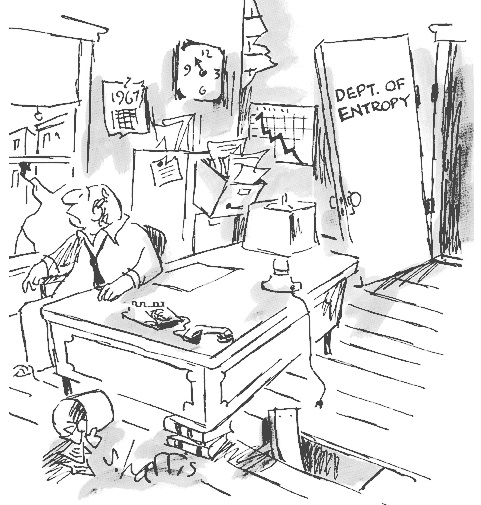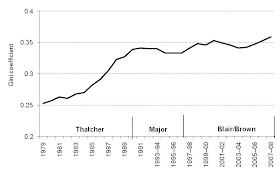
Lloyd Blankfein is the FT's man of the year, with a citation that names him the 'Master of Risk' and quotes, apparently without irony, his own opinion that he did God's work for Goldman Sachs. This has set me to wondering which God this might be - certainly not the one I learned about in Sunday School.
The dollar is the God of the global market, but when I last looked this false idol was much closer to Mammon. This blog has already retold the tale of larceny that was the US bailout of AIG. Combined with the 'creation of money' through the purchase of corporate debt it was this 'socialised medicine' for the financial sector that guaranteed their huge profits last year. Blankfein's only skill was to have the friends in the right places, his only risk that he might make an inappropriate remark at a cocktail party or business breakfast.
When the gap between your position and the management of the nation's finances is only one promotion, it does not take a great deal of skill to embezzle public funds on a massive scale. If you must choose a US figure who has excelled economically this year it would have to be the American Everyman who has toiled to create the goods that can be sold for the money the government has allowed its private financiers to create. Or rather their as yet unborn offspring who have already been sold into slavery to fund the lifestyle of Lloyd and his ilk.
Having taken the value of our work they are now in the process of stealing the planet itself through the International Emissions Trading Association. The IETA is a coalition of private companies including AES, Barclays Capital, Chevron Texaco, Conoco Phillips, DuPont, Ecosecurities, Gaz de France, Goldman Sachs, Gujarat Flurochemicals, J-Power, KPMG, Lafarge, Lahmayer, RWE, Shell, Total, Toyota, TransAlta, and Vattenfall. This is an explicit list of the implicit conspiracy of energy, automotive and financial corporations who are controlling the debate about policy responses to climate change, and destroying our chance of a future life on this earth.
This choice by the FT establishes with certainty that newspaper's unashamed support for the worst excesses of corporate capitalism. As the only UK newspaper that can still pay its journalists enough to ensure quality research and writing, this is a disturbing note on which to begin the next decade.









